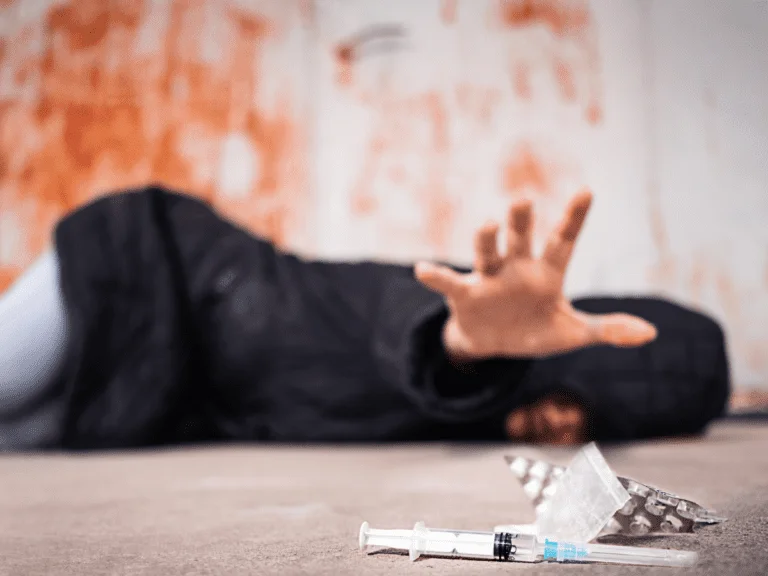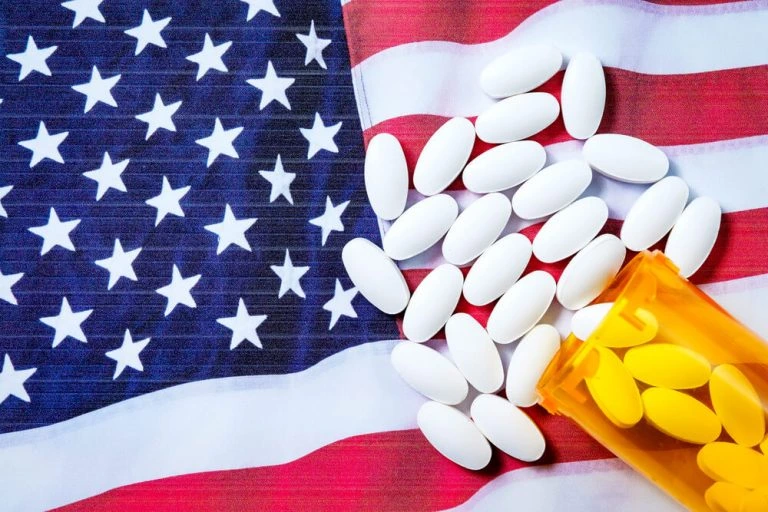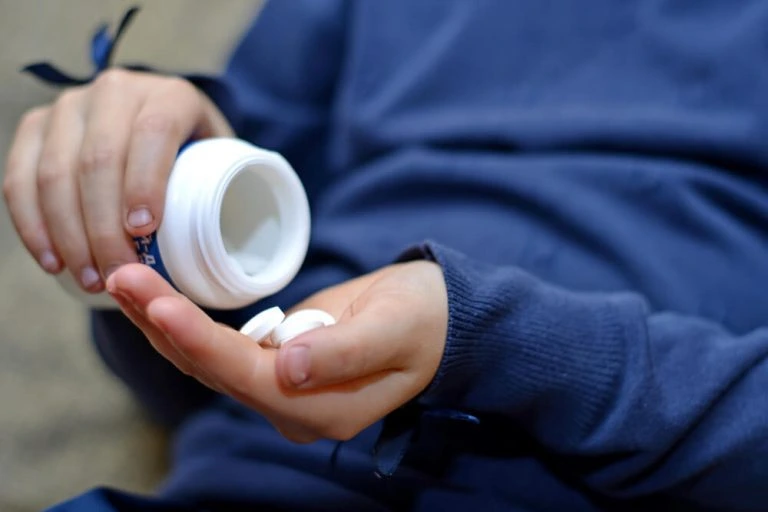Signs of Opioid Overdose
Opioids interact with the opioid receptors in the cells in the brain. Opioids stem from the poppy plant that produces opium. Yet, opioids are manufactured and manipulated to make a variety of drugs that differ from the natural substance. The medication is prescribed to help reduce pain, especially during or after surgery. Since opioids are highly addictive, people tend to misuse them after the drug duration that is initially prescribed. If you have been prescribed opioids or are looking to try these drugs, then it’s vital to learn about the signs of opioid overdose.

How Opioid Addiction Starts
Prescription pain relievers like oxycodone, hydrocodone, morphine, and illicit drugs like heroin are addictive opioids. Addiction is defined as a chronic relapsing brain disease formed by building a tolerance to a specific drug or drugs that are abused.
An addiction starts because someone is prescribed or purchases opioids through a second party and enjoys the effects of the drug. Feelings of relaxation or happiness are experienced. Opioids cause a compulsive urge to continue use. Opioid addiction changes the chemistry in the brain and leads to physical dependency.
Signs and Symptoms of Opioid Overdose
Noticing someone is high on opioids can help prevent an overdose. Signs include pinpointed pupils, slow movements, low blood pressure, and a slow heart rate. Effects from the drug can also show signs since a person may vomit, express that they are feeling sleepy or confused, or have shallow and slow breaths.
Symptoms of opioid overdose:
- Pale face
- Limp body
- Repetitive vomiting
- Heartbeat is slow or erratic
- Lips or fingertips are turning blue
- A person is conscious but unresponsive
- The person is making choking or gurgling noises
Recognizing the opioid overdose signs can help distinguish between being high or if a person is experiencing an overdose. Narcan is often used to treat the life-threatening effects of an opioid overdose. Immediate medical attention is necessary if a person is beginning to go in and out of consciousness or displays other signs and symptoms of overdose.
What Does an Opioid Overdose Feel Like?
Does an overdose hurt? It can. During an opioid overdose, the veins collapse, and the bloodstream becomes filled with the substance, creating irregular blood flow. In addition, the brain is affected since oxygen flow becomes limited, which may lead to permanent brain damage. Seizures are possible, as well as leaving a person paralyzed.
The heart rate is slowed down and may even stop during an overdose. Since breathing slows, oxygen levels fall, which is when the skin begins to turn blue. An opioid overdose can cause respiratory depression and pulmonary edema, which is when a fluid leak fills up the air spaces of the lungs. “Gray Death” is a new drug that is a combination of multiple synthetic opioids, including carfentanil. The narcotic overdose symptoms for this drug are increasing death rates because of the severity of the overdose symptoms.
Addiction Treatment at Better Addiction Care
If you or a loved one wants to avoid the intense feelings of overdose, then knowing the signs of opioid overdose is crucial. At Better Addiction Care, you can learn about the types of rehab treatment programs and resources we offer to get the treatment plan you need to reach your recovery goals. Preventing overdose is possible by receiving addiction treatment as soon as possible. We want to see you thrive and return to living a productive and fulfilling life!
Contact a specialist at Better Addiction Care by calling (800) 429-7690 and asking about prescription drug addiction treatment to get started today!








